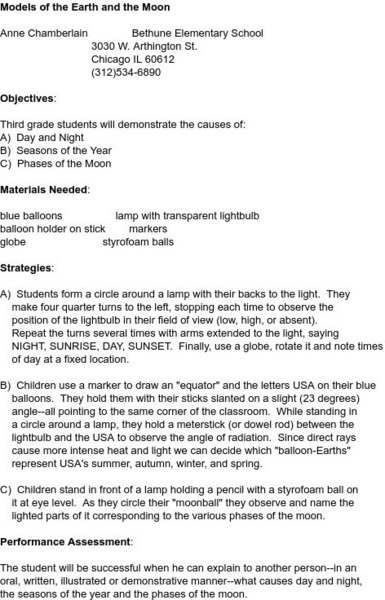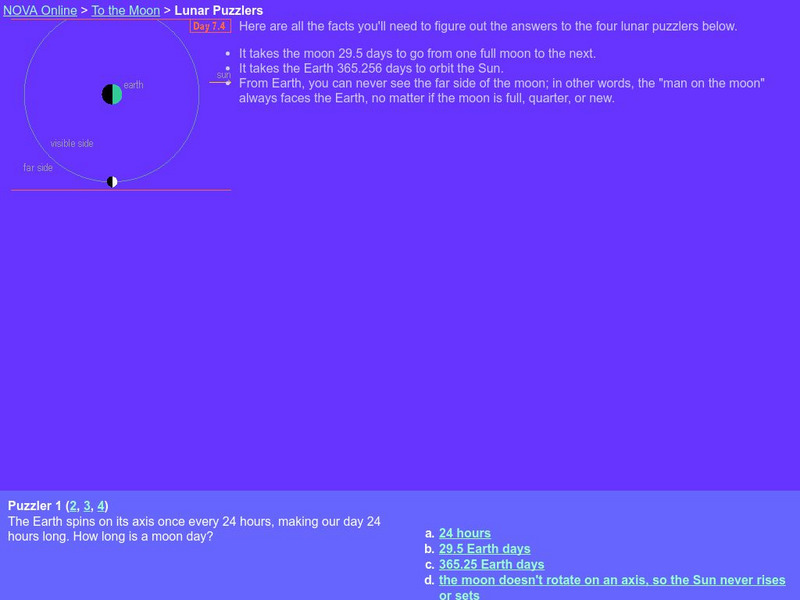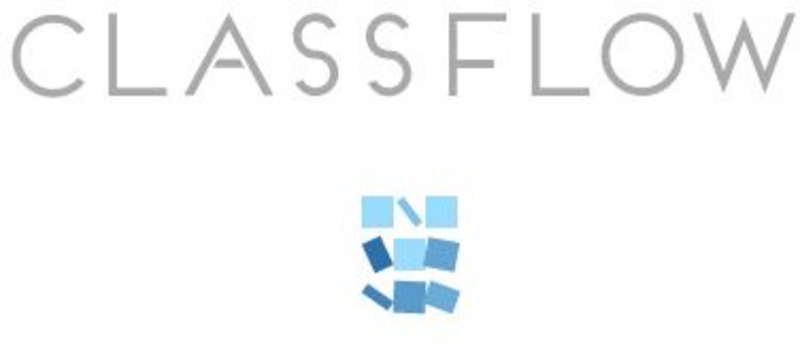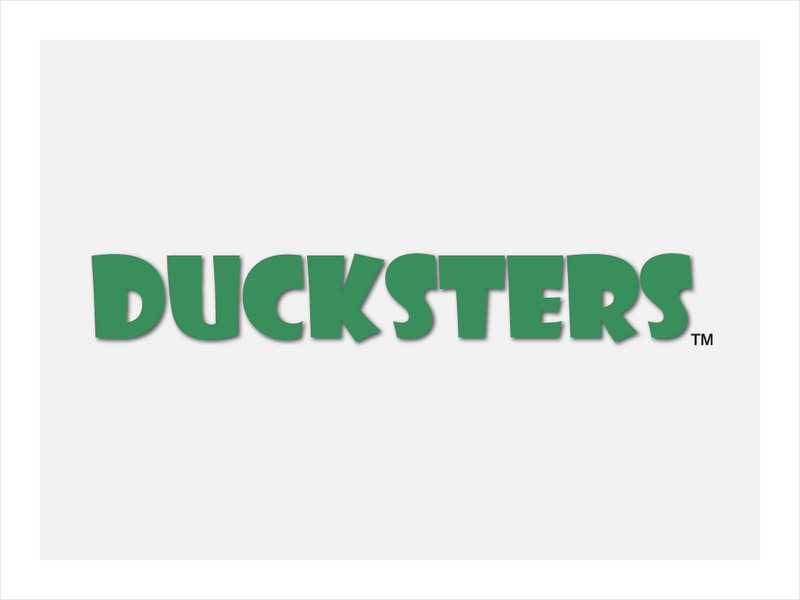NASA
Nasa Space Place: All About the Moon
Learn all about the moon, what makes it glow, and its phases. Includes some exciting images.
English Verse
English Verse: Percy Bysshe Shelley (1792 1822)
Shelley's controversial life is briefly sketched here, and the full text of a number of his poems is included.
Science and Mathematics Initiative for Learning Enhancement (SMILE)
Smile: Models of the Earth and Moon
This lesson plan from the Illinois Institute of Technology demonstrates the causes of; day and night, seasons, and phases of the moon.With a few items, you help the elementary student discover why these phenomena occur.
SMART Technologies
Smart: Moon Phases (Smart Created)
Learn the names of the phases of the moon including the terms waxing and waning.
University of Hawai'i
The Hawai`i Space Grant Consortium: Lunar Images
Part of the Exploring Planets in the Classroom series, this site provides images of the Moon, with Latitude and Longitude reference lines.
PBS
Nova: Lunar Puzzlers
See if you can answer 4 challenging questions that will require you to take a lunar perspective. These questions deal with the way things look from the moon.
ClassFlow
Class Flow: Earth, Sun and Moon
[Free Registration/Login Required] In this unit children learn about the shapes and relative sizes of the Earth, Sun and Moon. Using models they learn how the three bodies move relative to each other and how these movements relate to...
ClassFlow
Class Flow: Moon Theory
[Free Registration/Login Required] This flipchart discusses various theories on how the moon was formed.
Annenberg Foundation
Annenberg Learner: Teachers' Lab: A Private Universe
This section is dedicated to educators to become expert instructors on topics like: distance between Earth, the Sun, and the moon, the phases of the moon, and reason for the seasons. Site includes information about how to address...
NASA
Nasa Star Child: The Moon Earth's Satellite
A summary of our knowledge about the moon, including astronauts who have visited and a short description of what the moon is like.
Math Science Nucleus
Math/science Nucleus: Rocket Trip Animation
Animated sing-along storybook "Zoom Zoom" takes readers on a ride to the moon.
ClassFlow
Class Flow: Moon and Sun
[Free Registration/Login Required] This flipchart could be a unit plan. It is broken down to observing and comparing the day and night sky, comparing the properties of the moon and the sun, and observing the pattern of the moon phases.
Ducksters
Ducksters: Kids Science: Phases of the Moon
Kids learn about the science of the phases of the moon. Full, Gibbous, Quarter, and Crescent.
SMART Technologies
Smart: Moon Phases
Students learn the names and sequence of the moon's phases in this SMART whiteboard activity. Students are asked to place these in phases in the appropriate order.
Bill Nye
Bill Nye: Once in a Mega Moon
Try this at-home science experiment to learn why sometimes the Moon looks bigger than usual.
Curated OER
Science Kids: Science Images: The Moon
A photo taken of the dark side of the moon with nothing but black space in the background.













